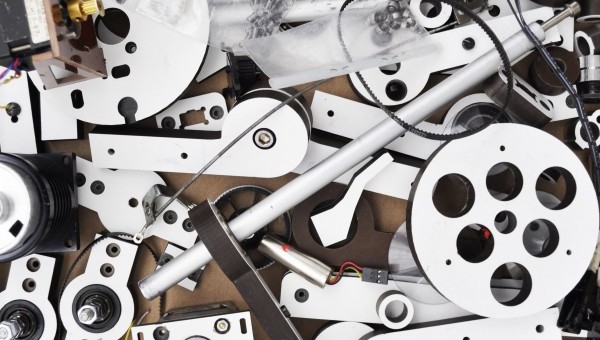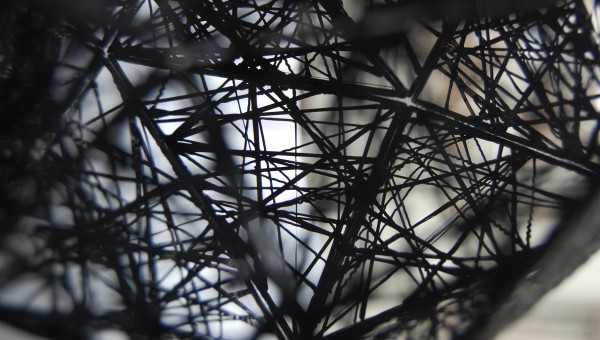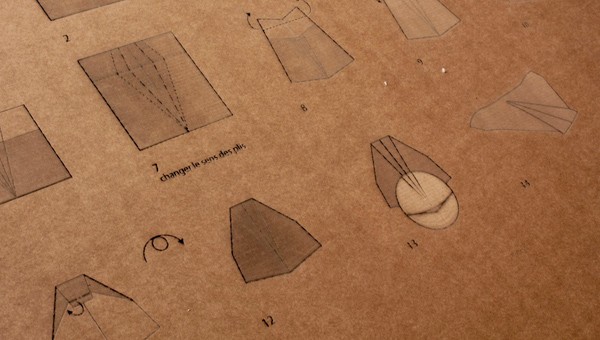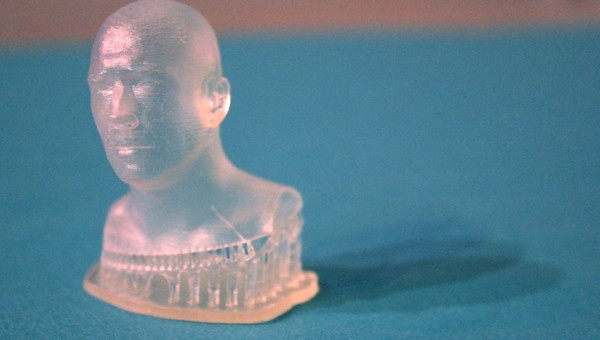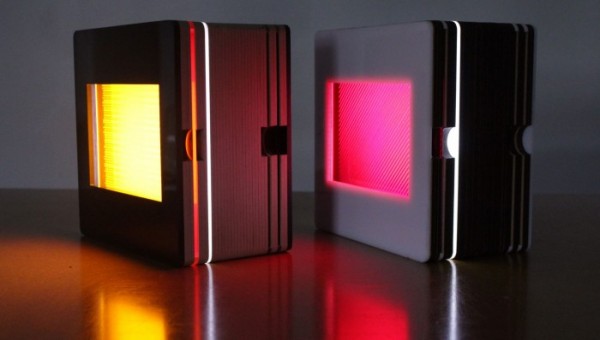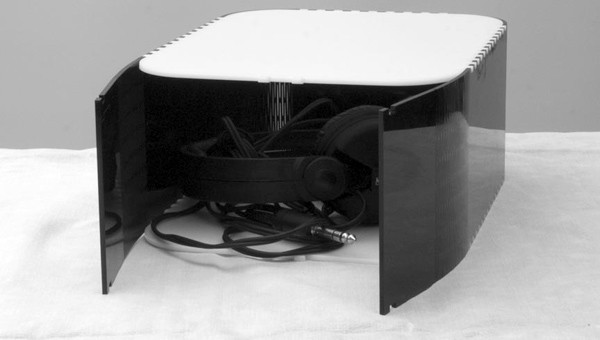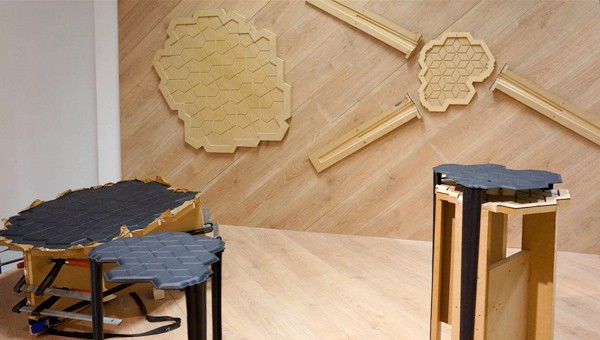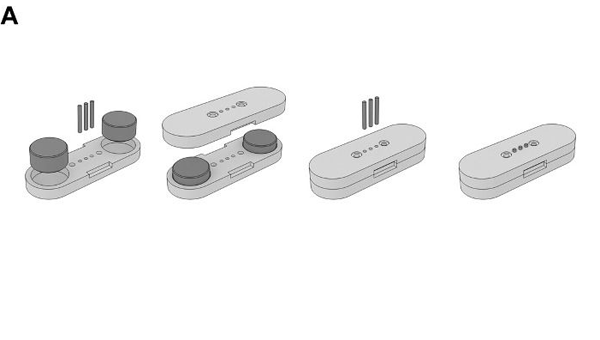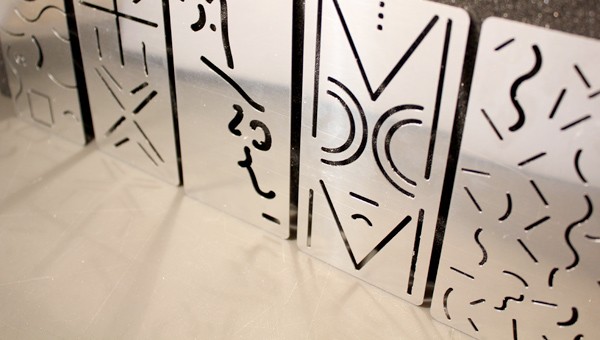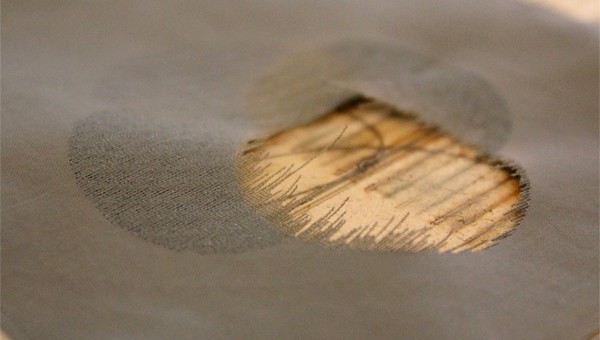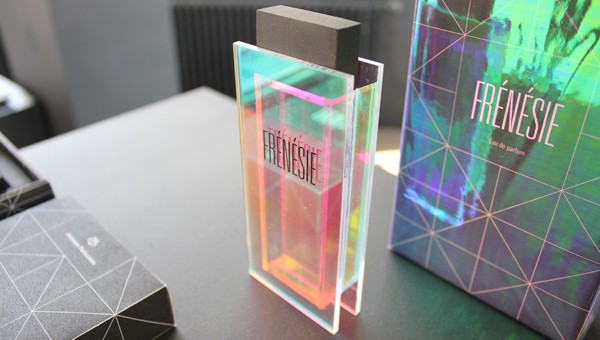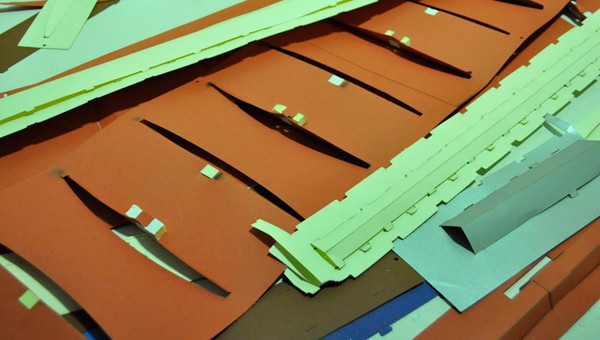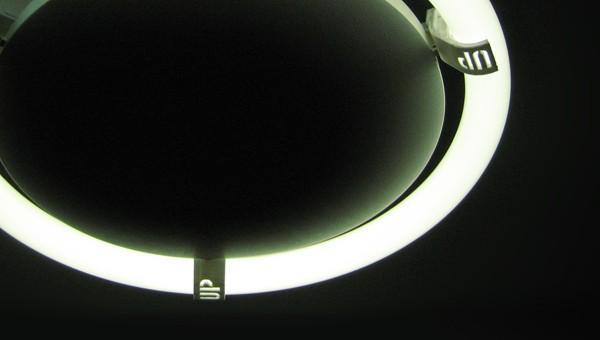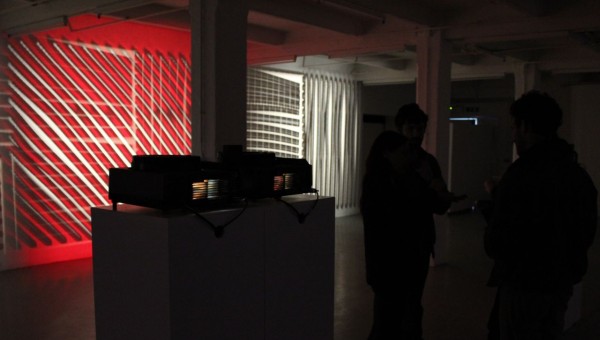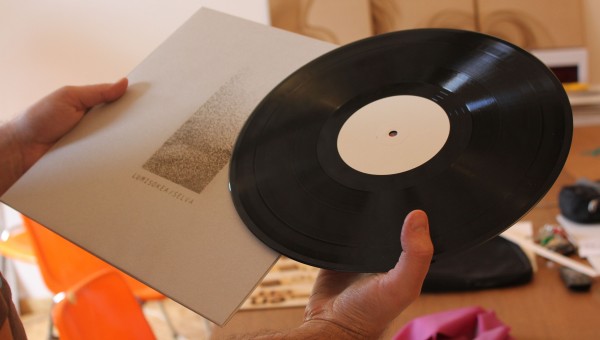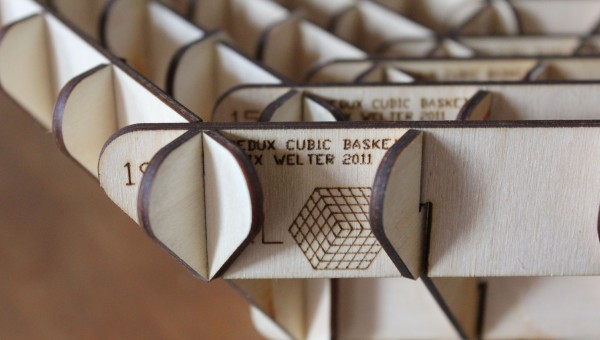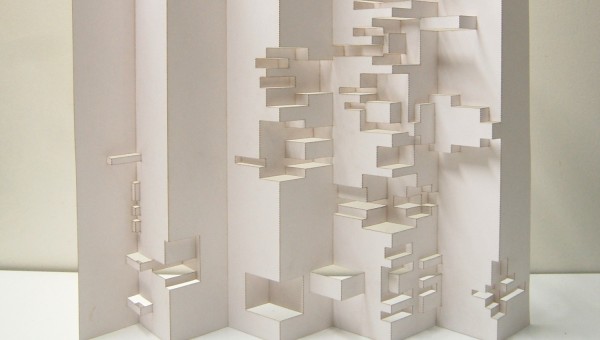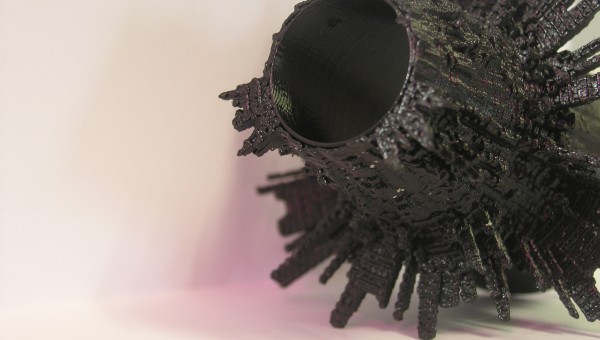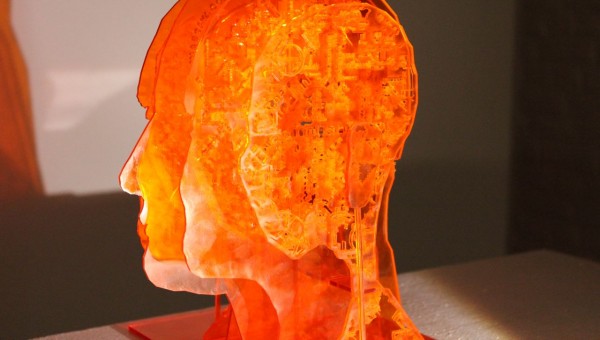FabLab.iMAL
About FabLab.iMAL
In September 2012, iMAL, Center for Digital Cultures and Technology, opens the first Brussels-based creative FabLab.
A Fab Lab (fabrication laboratory) is a small-scale workshop offering digital fabrication. It is generally equipped with an array of flexible computer controlled tools that cover several different length scales and various materials, with the aim to make "almost anything". This includes technology-enabled products generally perceived as limited to mass production. While Fab Labs have yet to compete with mass production and its associated economies of scale in fabricating widely distributed products, they have already shown the potential to empower individuals to create smart devices for themselves. These devices can be tailored to local or personal needs in ways that are not practical or economical using mass production.
Although FabLabs are still far from competing with large-scale manufacturing, they have already demonstrated their potential by giving individuals the ability to create for their own needs innovative, stylish or ingenious objects and devices. These creations, unique or produced on demand, have the advantage of being adapted and adaptable to local or personal needs, features unrealizable or uneconomic for mass production. (from wikipedia.org)
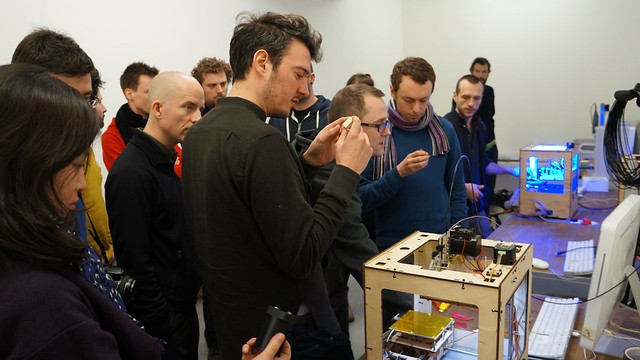
Opening this FabLab was for iMAL an obvious fact: this is part of our missions to provide innovative services to the creative people of Brussels, either artists, designers, developers, tinkerers and curious citizens willing to experiment and learn.
We also think that digital fabrication technologies are just at the beginning of a radical change in the ways objects are designed and manufactured. An evolution (maybe a revolution) bringing new open and participative design processes and open source approaches to the manufacturing of new, innovative, useful and/or aesthetic physical objects, produced on the base of individual needs and sustainable resources.
Following the success of the free/libre/open-source (FLOSS) approach to software and electronic hardware (e.g. arduino), we are entering in the age of Open Source Hardware. Combined with the explosion of DIY practices amplified through online platforms and communities and the ubiquituous cheap and flexible digital machinery, the open source approach to objects is going to change radically how we design and manufacture them, opening the era of open fabrication. More and more people will design their own objects for their very local and contextual needs and pleasure, producing them with new types of fabrication machines and sharing them through the global village... The process of designing and making physical objects will be more and more open and participative, with online sharing of practices, blueprints of objects and open source fabrication machines, resulting hopefully in social and industrial innovations driven by the communities.
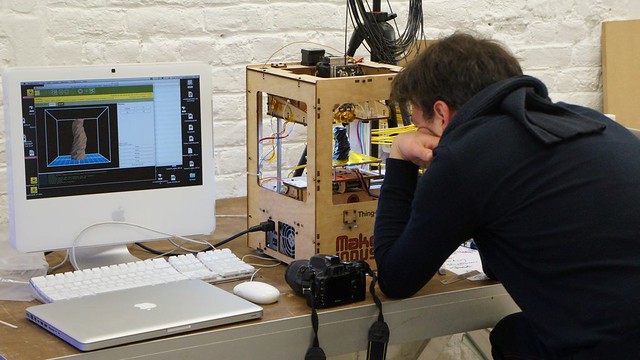
FabLab.iMAL is the second artistic FabLab in Belgium after Ghent (Timelab). Fablab.iMAL is integrated to the global network and European network of fablabs and collaborates with engineering schools fablabs such as Erasmus Hogeschool Brussel.
FabLab.iMAL fully respects the MIT FabLab Charter :
FabLab Charter (MIT):
Mission: Fablabs are a global network of local labs, enabling invention by providing access to tools for digital fabrication
Access: Fablabs share an evolving inventory of core capabilities to make almost anything (as long as it harms no one) ; you must learn to make it yourself and you must share the use of the lab with other users.
Education: fablab's training is based on projects and learning thanks to and with the other users ; you must take part in the capitalization of knowledge and the education of the other users.
Responsabilities: you are responsible for:
- Safety: knowing how to work without hurting people or machines
- Operations: assisting with maintaining the lab
- Knowledge: contributing to documentation and instruction
Secret: Designs and processes developed in fablabs can be protected and sold however an inventor chooses, but should remain available for individuals to use and learn from.
Business: Commercial activities can be prototyped and incubated in a fab lab, but they must not conflict with other uses, they should grow beyond rather than within the lab, and they are expected to benefit the inventors, labs, and networks that contribute to their success
For more information on FabLab and Digital Manufacturing, see iMAL's report (October 2011) available here (in French).
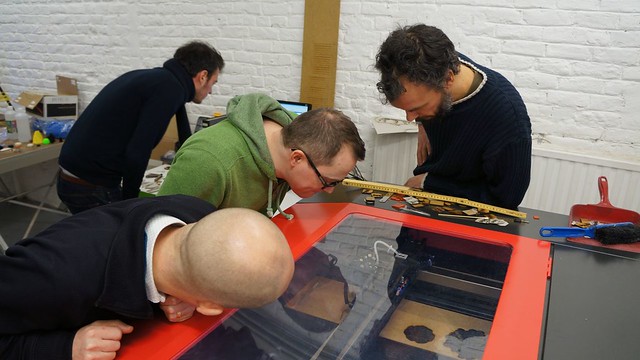
FabLab iMAL
An archive : 1999-2010-2019
This page is an archive of the iMAL website that operated between 2010 and 2019. It compiles activities and projects made since 1999.
For our most recent news and activities, please check our new website at https://imal.org

